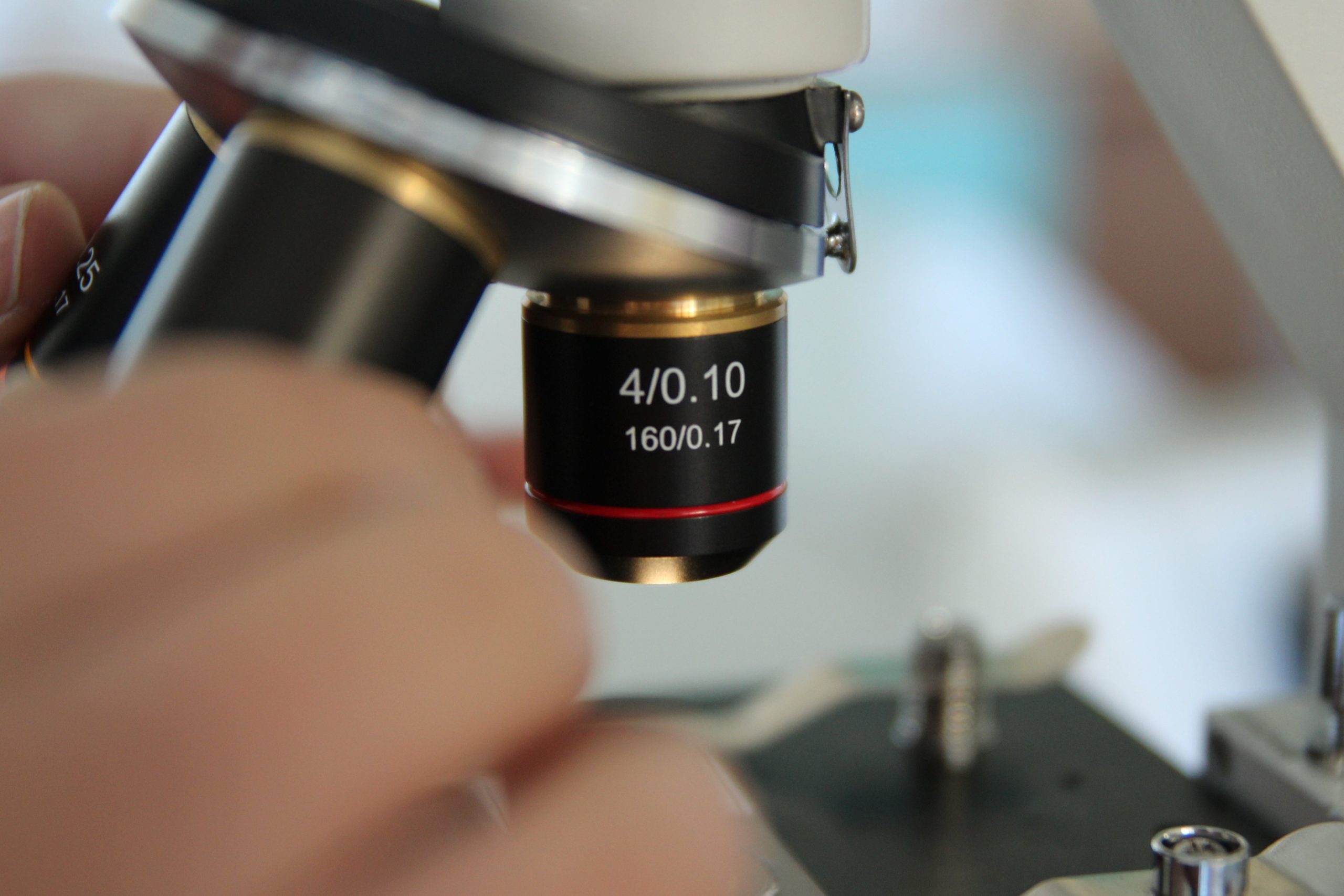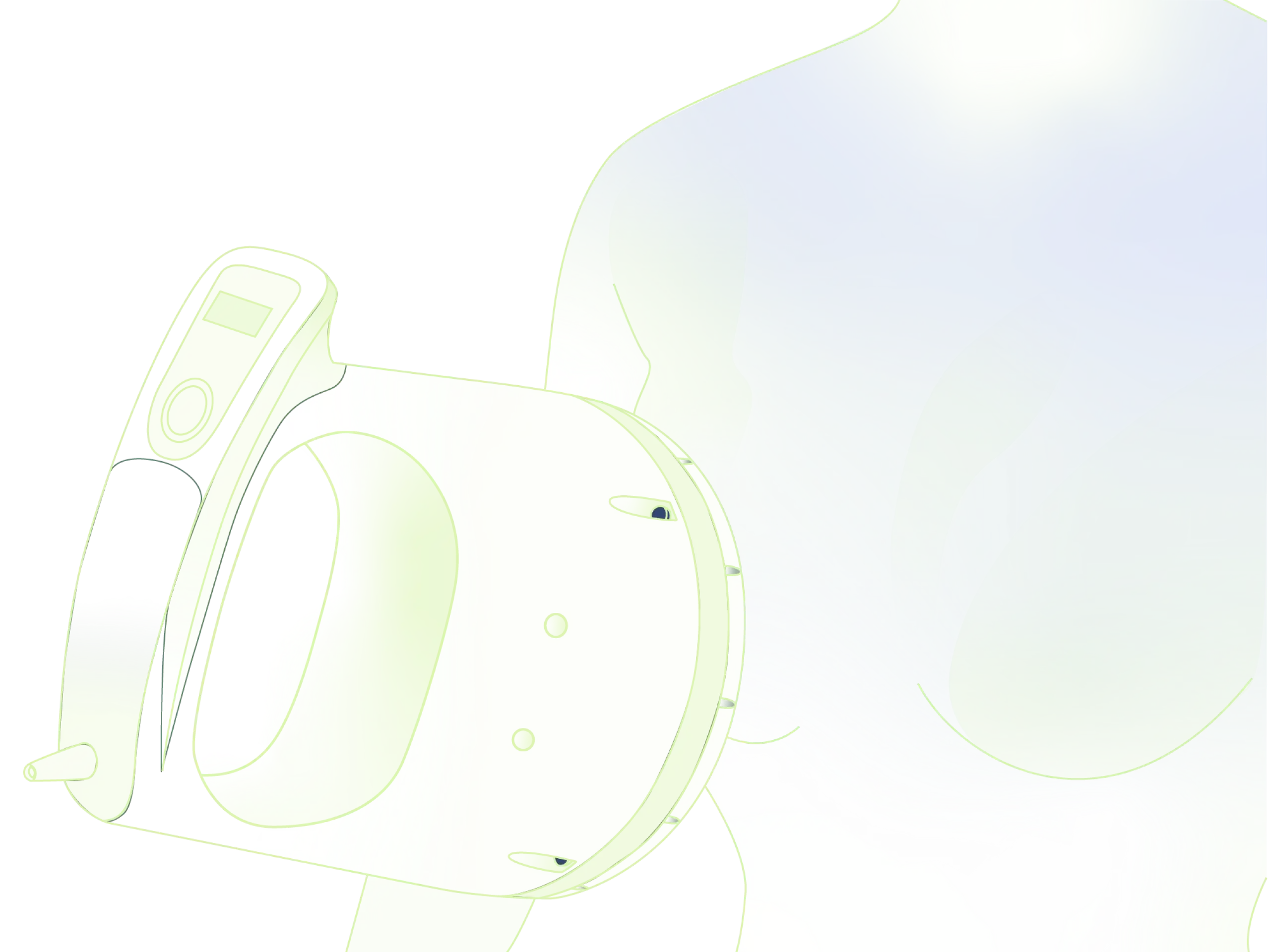Government Supports Digital Pathology in Cancer Screening

The Department of Health and Social Care and NHS England have backed the recommendation put forward by UK National Screening Committee to utilise digital pathology to improve cancer screening.
Through the recommendation, screening for breast, bowel and cervical cancer will be made quicker and more effective under plans to roll out the use of digital images to detect cancer.
Increasing the use of digital pathology to examine body tissue samples as part of screening programmes will make identifying cancer will be made easier and speed up diagnosis for patients.
Furthermore, the move will help clinicians to gain second opinions on whether samples obtained are cancerous, as well as allowing laboratories to work more efficiently and quickly, including allowing reporting off site.
Health Minister Andrew Stephenson said: “We know the earlier cancer is detected, the sooner it can be treated, and the greater the chances of survival and recovery.
“Cancer is already being diagnosed at an earlier stage more often, and the NHS is seeing and treating record numbers of cancer patients.
PULL: Increased use of digital pathology will help the NHS to go further and faster, and provide another weapon in our battle against cancer.
Digital microscopy previously deemed as effective as using microscopes
In 2020, the UK National Screening Committee was asked by the National Coordinating Committee for Breast Pathology and the Royal College of Pathologists to consider the evidence regarding the use of whole slide imaging.
This technique allows slides to be reviewed digitally on a computer screen, rather than with a microscope, enabling an image of the entire glass slide to be created in high resolution, which can then be stored and viewed on a computer screen or mobile device and saved for later review.
The committee agreed that digital microscopy is a safe option to complement or replace light microscopy following a trial which assessed and confirmed that the practice was as effective as using microscopes and slides for screening samples.
Chair of the UK National Screening Committee, Professor Sir Mike Richards, said: “We need a high level of evidence when it comes to screening programmes so, alongside the National institute for Health and Care Research, we sponsored vital research to assess the effectiveness of this technique.
“Following that research, I’m pleased that the UK National Screening Committee’s recommendation to allow the use of digital pathology has been approved. Its use will support flexibility for pathologists, and make sharing samples for second opinions or quality assurance easier and more efficient.”
Digital pathology will be rolled out across the NHS
While some areas of the NHS were early adopters of digital pathology, the recommendation being accepted by the government will facilitate the wider roll out throughout the NHS.
NHS England is expected to follow by issuing guidance to pathology teams on the best way to use the technology.
Steve Russell, National Director for Vaccinations and Screening at NHS England, said: “The NHS’s successful national screening programmes – bowel, breast and cervical – are saving thousands of lives every year by identifying people at risk and spotting cancers early.
While we are already using some digital innovations to improve the accuracy of cancer diagnosis, we look forward to further utilising digital pathology imagery for the benefit of screening patients.

